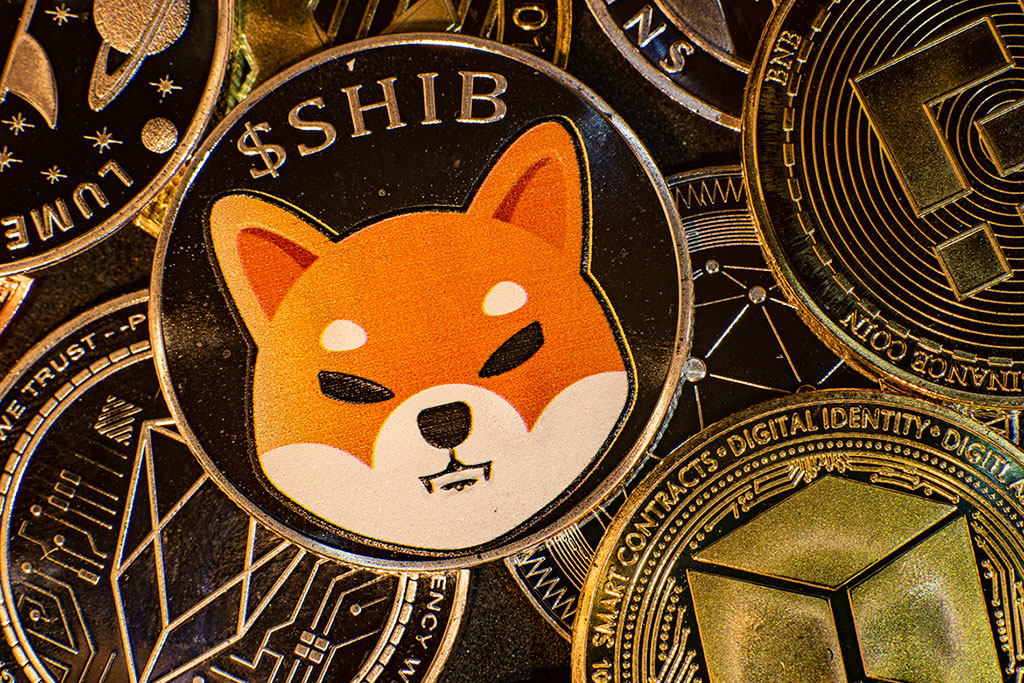Coinspeaker
Shiba Inu Marketing Lead Offers Arguments For and Against SHIB ETF
A member of the Shiba Inu team has revealed her opinion on a potential SHIB exchange-traded fund (ETF) in an X post. The post from Shiba Inu marketing Lead Lucie highlighted several reasons why a SHIB ETF would be great but offered a few disadvantages of the ETF for the decentralized finance (DeFi) sector.
Pros of a SHIB ETF
According to Lucie, the first advantage is accessibility. She believes that a SHIB ETF would simplify exposure to SHIB for traditional investors since navigating a crypto exchange for access would not be necessary. The marketing lead also believes that the product will attract institutional investors because it is a regulated financial product. Generally, institutional players interested in the crypto sector have been reluctant to enter because of regulatory uncertainty. An ETF directly solves this problem.
In addition to accessibility and regulation, Lucie adds diversification as an advantage, explaining that it reduces the risk of loss. This is because an ETF could include a basket of related assets. Finally, the marketing lead explains that the product could increase SHIB demand and liquidity, boosting price action.
Lucie’s Cons
After explaining the potential benefits of exposure to SHIB through an ETF, the Shiba Inu marketing lead highlighted a few drawbacks. Firstly, an ETF heightens the risk of centralization. A major attraction to DeFi and crypto, in general, is the inherent decentralization that ensures security and democratization. Unfortunately, an ETF limits decentralization.
Lucie also mentions that the product would lead to a loss of direct ownership. She explains that people will miss out on DeFi activities like governance and staking because ETF investors will not directly own SHIB. Essentially, a SHIB ETF would be “simplifying investment but reducing involvement.” A reduction in engagement means the ecosystem becomes weakened because it will appeal to passive investors and decrease active participation in DeFi.
The marketing lead also believes costs and regulations could be detrimental to SHIB and DeFi. An ETF would discourage “cost-conscious DeFi participants”. Another point extends Lucie’s centralization concerns further, highlighting the risk of market manipulation.
“In essence, the impact of a SHIB ETF on DeFi varies based on perspective, balancing benefits with potential drawbacks in decentralized finance. So it’s a double-edged sword situation where we need to decide what is better for ourselves,” Lucie wrote.
Reactions to Potential SHIB ETF
Despite her arguments against it, Lucie believes an ETF is likely. In a different X post on whether or not a SHIB ETF will happen, Lucie wrote:
“Most definitely, because institutions have already discovered the beauty of Shiba Inu’s decentralized nature.”
Reactions to Lucie’s pros and cons post were mixed. While many seemed to agree, a few believe a SHIB ETF is unnecessary. One response noted that there should be no SHIB ETF, and most DeFi should not be centralized. According to the post, the SHIB and DeFi communities require more education and simple ways for interested parties to invest.
Shiba Inu Marketing Lead Offers Arguments For and Against SHIB ETF





